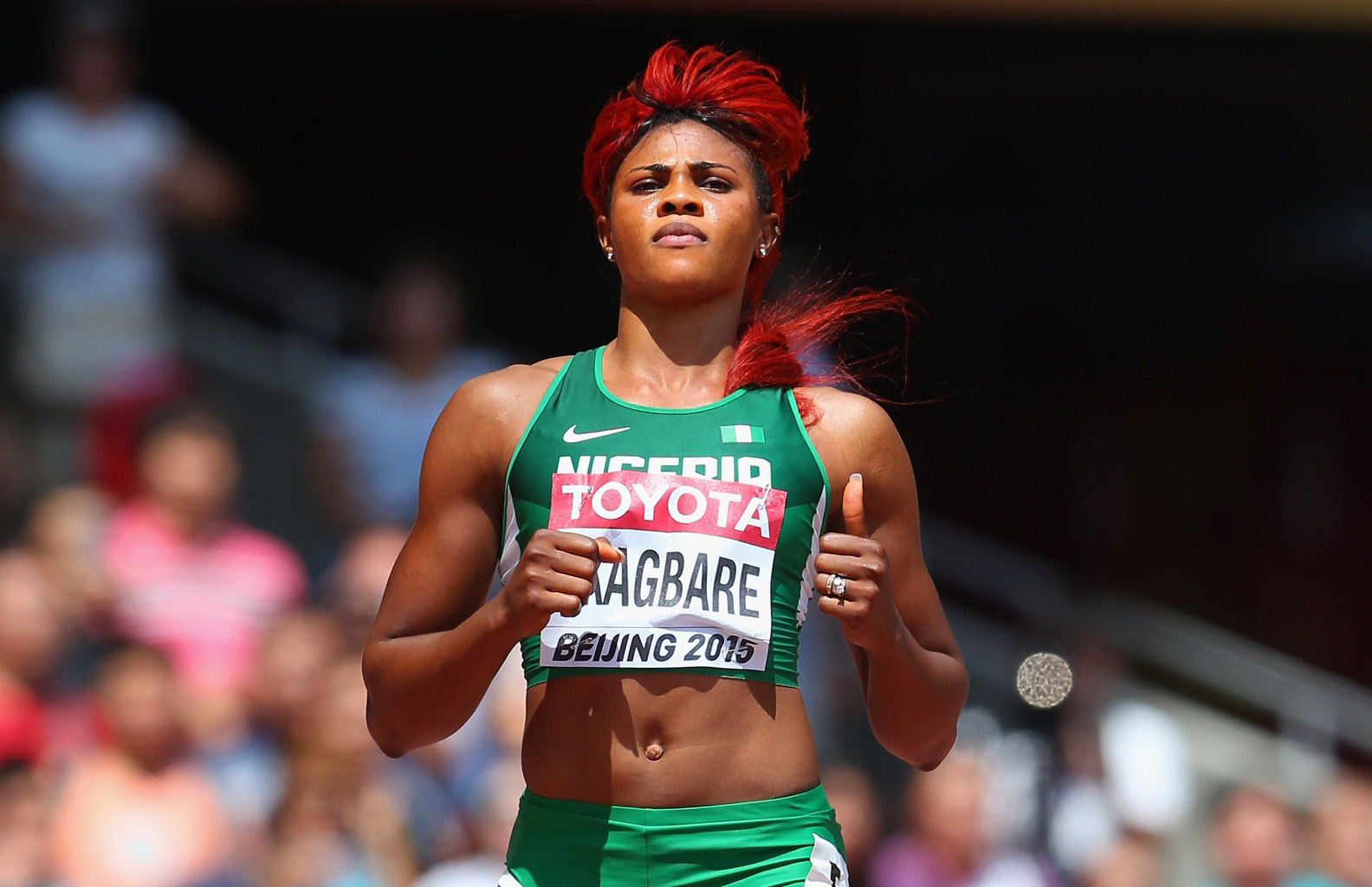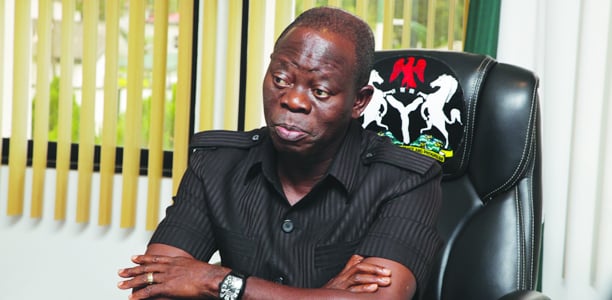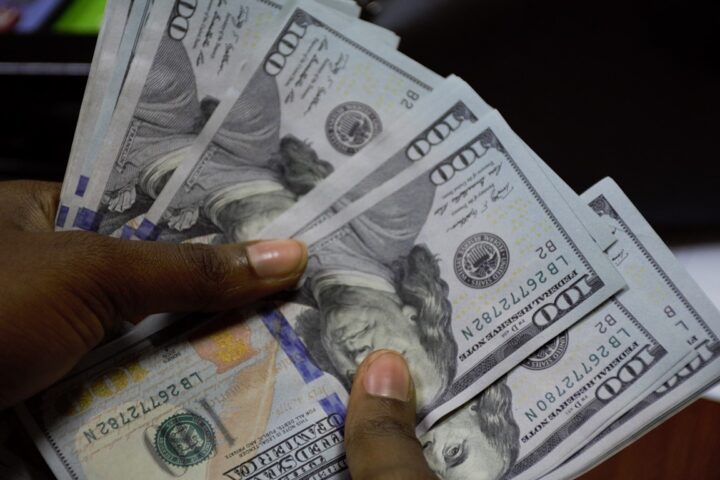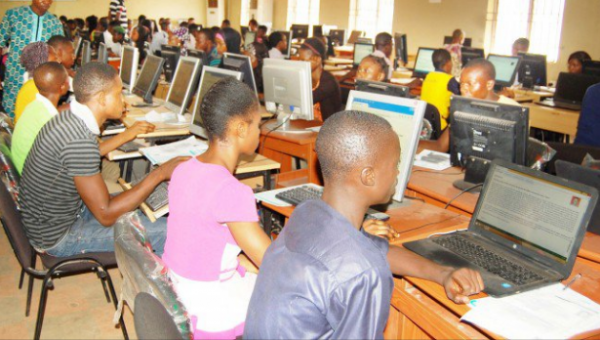Consumer Price Index (CPI) is abating, for the first time in 2016, as the harvest season takes a significant impact on rising inflation.
According to the National Bureau of Statistics (NBS), inflation rate rose by 0.48 percentage point from 17.13 percent to 17.61 percent, recording the slowest pace in 2016.
“The major divisions responsible for accelerating the pace of the increase in the headline index were Housing, Water, Electricity, Gas and Other Fuel, Education and Transportation Services,” NBS said.
“The Food Index rose by 16.4 percent (year-on-year) in August, up by 0.6 percent points from 15.8 percent recorded in July.
Advertisement
“During the month, all the major food groups contributed to the increase in the Food sub-index, however the pace of increase was slowed by Fruits, Potatoes, Yam and other Tubers as well as Oils and Fats, which reported slower increases during the month.”
From January to July 2016, inflation rate rose by at least 0.65 percentage point, showing a gradual decline in pace in June, July and August. This means cheaper food prices for Nigerians — on the long haul.
With this decline in pace, inflation in Nigeria may meet the Central Bank of Nigeria’s objective and expert analysis, of not going beyond 20 percent in 2016.
Advertisement
Goldman Sachs, an American multinational banking and investment firm, forecasts that Nigeria’s inflation will not rise above 20 percent in 2016, before it retreats to lower levels.
United Capital, a financial and investment services firm, projects that Nigeria’s inflation will peak at 18.5 percent in 2016.
To curb inflation, the CBN increased benchmark interest rates by 200 basis point at its last monetary policy meeting. The inflation data shows the CBN decision may be having an impact on inflation in the economy.
Advertisement
Add a comment







